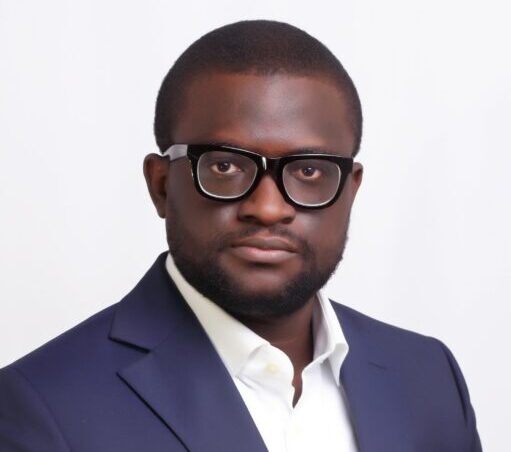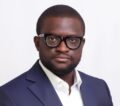Every time read about the young billionaire, Mark Zuckerberg, I have a mixed feeling of envy and admiration for him. What scares me most, however, is that more than 80% of Nigerians in his age group do not even know who he is, talk less of share the kind of vision and passion he has. If you have not heard about that name before, you certainly might have heard of Facebook and probably have it opened on your desktop as you are reading this.
Mark, 27 years old, is the founder and CEO of Facebook and currently the 52nd richest person in the world, worth $13.7 Billion, a number behind Nigeria’s richest man, Alhaji Aliko Dangote according to Forbes. He found Facebook at the age of 20 from his dorm room and has since grown the social networking forum to a multi-billion dollar business.
Facebook started off only as an opportunity for students to upload and share pictures with each other and it spread beyond Harvard campus, where Mark was a student at the time, to other campuses such as Colombia, Yale, Stanford, and Cornell. Mark and his co-founders were approached by several companies to sell Facebook to them which they declined since they were not after the immediate monetary reward but wanted to build a platform that will forever change the world – a powerful and modest vision, I’d say!
I have once written an article on this and I will yet mention it again. It breaks my heart to consider what an average Nigerian youth spends his/her time doing. Be it a lady or a guy, you will find that a Nigerian youth is fully occupied with UEFA cup, EPL, African Magic, Musicals, Movies and even Facebook itself.
I look at this mix and it further makes me sad as I do not see anything in this list that smells like a Mark Zuckerberg, Larry Page, Sergey Brin or Jerry Yang, all who made the Forbest Richest list under the age of 30. It will not be farfetched if one looks at the environment in which these people grew up and the kind of environment we are being exposed to in Nigeria. How can one explain why the seating president of Nigeria who is seeking a re-election refuse an interview with a renowned and globally recognized literary icon, Chimamanda Adichie and yet honour a staged faux pas called an interview with D-Banj?
Then you wonder why every young mind wants to be like D-Banj and not like Chimamanda.
Once again, we approach the general elections in Nigeria and we have the opportunity to define what kind of environment we want our kids and wards to grow up in when we cast out votes; a country that encourages them, from their infanthood, to see the world as full of opportunities and equip them to enjoy these opportunities. An environment that provides them with the tools, knowledge base, minds and resources to pursue their individual passion and make a living out of it.
To be furnished with leaders that they can dream to become like. It is no longer a secret that President Barack Obama of the United States had always found a mentor in Abraham Lincoln and it was not a surprise that he not only made history as the first black American president but also the only president after Abraham Lincoln to come from Chicago, Illinois.
Presently, there is no leader in Nigeria I would like to model my life after as they have all failed us woefully, amassing immense wealth for themselves at the detriment of the masses.
Nigeria needs leaders, models, mentors and history makers that the younger generation can learn from and as a result, aspire to grow their intellectual base so that tomorrow, a Nigerian can also feature in the list of the youngest richest people in the world, not from ill-gotten wealth, but as products of highly intellectual investment.

I am the author of Scaling for Success: Empowering African SMEs. I am a Partner at Sahel Capital, a food and agriculture-focused private investment firm in Sub-Saharan Africa. Sahel Capital manages the Fund for Agriculture Financing in Nigeria (FAFIN) and the Social Enterprise Fund for Agriculture in Africa (SEFAA).
I co-lead SEFAA, an impact-first fund investing in agribusinesses that provide direct or indirect benefits to smallholder farmers across 13 countries in Sub-Saharan Africa. I also lead investments and portfolio management for SEFAA and manage FAFIN portfolios, two of which were recently exited. I am a director on the board of one of the portfolio companies and serve in advisory roles for several startups and SMEs.
